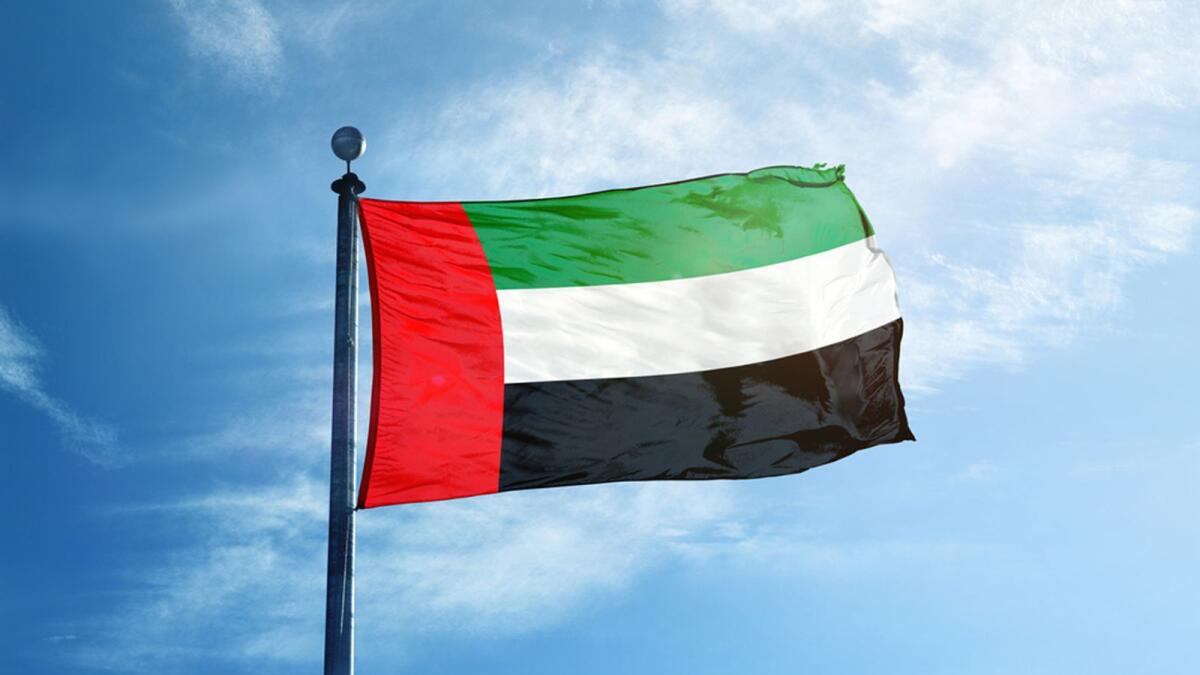The UAE Ministry of Finance (MoF) recently announced the launch of a digital public consultation to gather feedback on the implementation of the Global Minimum Tax (GMT) or Global Anti-Base Erosion Model Rules (GloBE Rules), as well as other tax matters. The consultation, which will run from March 15 to April 10, can be accessed through the Ministry’s website or the UAE Government Portal. By soliciting input from various stakeholders, including multinational groups, advisors, service providers, and investors, the MoF aims to ensure that all voices are heard in shaping tax policy in the country.
The consultation is divided into two parts. The first part focuses on gathering viewpoints on potential policy design options for implementing the GloBE Rules in the UAE, specifically the development of a domestic minimum tax. The Organisation for Economic Co-operation and Development (OECD) has released the GloBE Model Rules, which serve as a template for jurisdictions looking to adopt similar rules. The second part of the consultation seeks feedback on the introduction of substance-based incentives within the UAE Corporate Tax regime, highlighting the government’s commitment to creating an attractive environment for businesses.
To facilitate understanding and informed feedback, the MoF has issued a Global Minimum Tax briefing document alongside the consultation. This document provides stakeholders with essential information on the proposed rules and their potential impact on businesses operating in the UAE. By creating a transparent and inclusive process, the Ministry aims to gather valuable insights that will inform the development of effective tax policies that balance the needs of the government and the business community.
Engaging with stakeholders through digital consultations signals the Ministry’s commitment to transparency and collaboration in the decision-making process. By seeking input from a wide range of participants, the MoF aims to ensure that the implementation of the GloBE Rules and other tax reforms align with the interests of all stakeholders, including businesses and investors. This inclusive approach reflects the UAE’s efforts to maintain its position as a competitive and business-friendly destination for foreign investment.
The digital public consultation offers a valuable opportunity for stakeholders to contribute their perspectives on key tax policy issues that will impact businesses in the UAE. By participating in the consultation, multinational groups, advisors, service providers, and investors can help shape the future tax landscape in the country. The feedback gathered during the consultation period will play a crucial role in informing the Ministry’s decisions on the implementation of the Global Minimum Tax and other tax-related matters, highlighting the importance of stakeholder engagement in shaping policy decisions.
In conclusion, the UAE Ministry of Finance’s digital public consultation on the implementation of the Global Minimum Tax and other tax matters underscores the government’s commitment to engaging with stakeholders and fostering transparency in the decision-making process. By providing a platform for dialogue and feedback, the Ministry aims to develop tax policies that strike a balance between the needs of the government and the business community. Stakeholders are encouraged to participate in the consultation to ensure that their views are considered in shaping the future of tax policy in the UAE.










